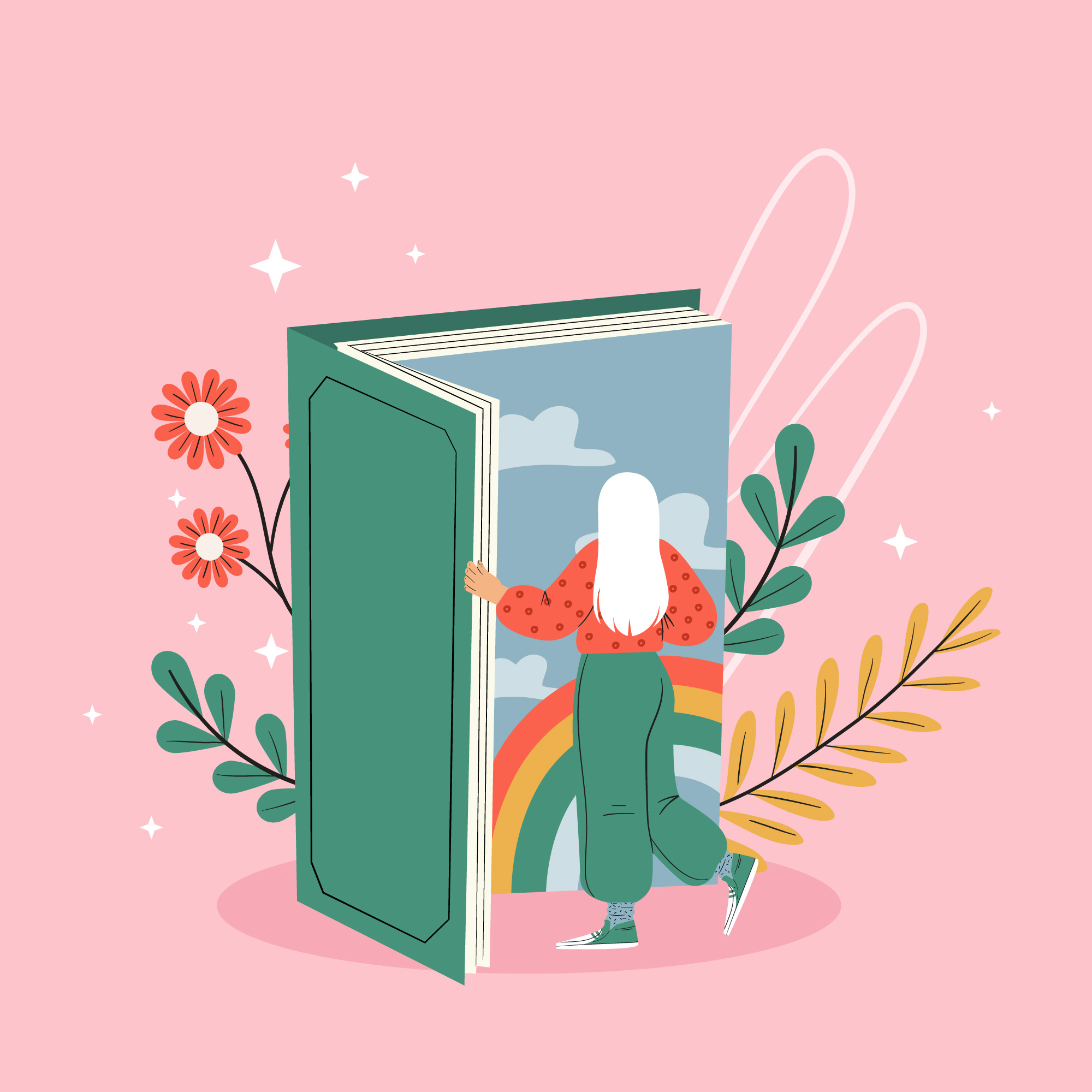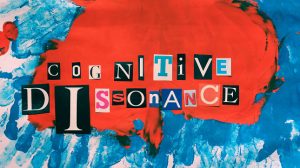“When walking, walk. When eating, eat”. This popular Zen proverb had me bewildered about it’s meaning at first sight, some months ago. In good time, I realized that most of us think while eating, walking, sleeping, and a whole lot of other things.
Understand ‘Worry’, and You Stop Worrying
Many a time, thoughts that surround us are such – ‘Did I do right?’, ‘Could I have done better?’, ‘What will be the result of this?’. In fact these are such familiar thoughts, that they are often on in our systems without our awareness. To stop worrying, we first need to be aware; aware of how often we carry the burden of our past behaviors, even when we know that we’re ‘done doing it’?
‘I didn’t prepare well enough for today’s presentation!’,
‘I don’t know if I replied to his/her message the right way….!’,
‘Did I make a fool of myself by confessing my mistake?…?’
What do these thoughts sound like? How do they make you feel? Preoccupied, guilty, burdened?
Lots of times, we are in these grey situations where there is nothing obvious that we’ve done wrong, but nothing that we’ve done terribly right either. Often, these are the very situations that niggle at our thoughts and peace and then we can’t stop worrying, at least not until we’ve stayed up a couple of hours in the night. Let us pay some attention to this tendency. Let us start just by being aware that we’re niggling at ourselves for no fruitful reason. You may ask what mere awareness will do, I say, it is enough. Enough to quietly coach the mind, enough to make the mind realize its own nature. Be aware when you are burdening yourself like this. Gently, help the burden lift off. With a lot of love, remind yourself that you did what genuinely occurred to you, and that it is over. When and if the consequences come, you will face them, as genuinely and sincerely as you can. The act is done, and it is over.
A Zen story taken from here explains this philosophy beautifully…

Read Our Free E-Book ‘First Few Steps To Mindfulness’
Join our Community and Realise the Nature of Your Mind
The Burden
Two monks were returning to the monastery in the evening. It had rained and there were puddles of water on the road sides. At one place a beautiful young woman was standing unable to walk across because of a puddle of water. The elder of the two monks went up to her lifted her and left her on the other side of the road, and continued his way to the monastery.
In the evening the younger monk came to the elder monk and said, “Sir, as monks, we cannot touch a woman ?”
The elder monk answered “yes, brother”.
Then the younger monk asks again, “but then Sir, how is that you lifted that woman on the roadside ?”
The elder monk smiled at him and told him ” I left her on the other side of the road, but you are still carrying her.”
This is one of the most popular Zen stories. What do you think of it? Do let us know through your comments.
Image Credit: canorus
about the author
Malini Krishnan
Malini is a Clinical Psychologist and she worked with adolescents and young adults at Inner Space, from 2010 to 2015.

ASK A THERAPIST
Get in Touch with Our Counselors to Ask Questions About Mental Health.
share this blog!
Benefits Of Mindfulness
The Many Benefits Of Mindfulness Benefits Of Mindfulness Mindfulness helps you...
Read MoreYOUR STRUGGLE WITH YOURSELF: COGNITIVE DISSONANCE
What happens when what you think does not agree with...
Read More





STORY OF MY BURDEN
For past couple of years I have been in this state of uneasiness , unhappiness , blaming everyone around me for my failure in my professional life, for failure not to achieve the heights I had envisioned for myself , for my failure to be happy.
The only factor common to all these failures was ‘MY’. It was my failure so why was I blaming someone else.
If its my failure then how can anyone else be responsible for it. If it was my success would I have not taken full credit for it then why not for my failure? Why do I have this need to blame someone for it? My spouse acted in a manner that suited him best, my family acted in a manner which they thought was most appropriate then what stopped me acting the way I wanted.
Is it that I want a perfect world where I have the perfect family, I have the perfect career, I have the perfect life. Even when writing this, I realise that it is not possible. If I want something more than the other then that means that the former has more importance in my life than the latter, so obviously I would act accordingly and if I act to get what I want more ,then my failure to not get other things is my failure and not anyone else’s.
Loved those Zen stories.. Relate very strongly to the problem but how to get over ‘overthinking’?
I some times don’t know what to do like younger monk in some situation